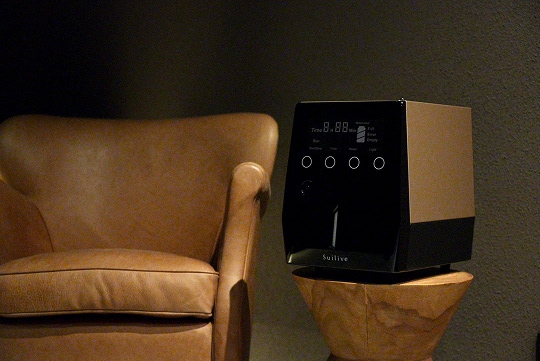Joint Research by Juntendo University Department of Orthopedic Surgery × Suilive
Reveals a Novel Mechanism by Which Hydrogen Promotes Nerve Regeneration

Lead Paragraph
SUISO JAPAN Inc. (CEO: Yo Inaishi), in collaboration with Associate Professor Masato Naito and Dr. Takamaro Suzuki of the Department of Orthopedic Surgery, Juntendo University School of Medicine, has elucidated a novel mechanism by which hydrogen promotes nerve regeneration. The findings of this joint study have been published in the international academic journal Molecular Medicine Reports (SPANDIDOS PUBLICATIONS).
Research Background
Aging leads to a decline in the regenerative capacity of peripheral nerve axons, resulting in symptoms such as numbness, sensory disturbances, and reduced motor function.
A transcriptional regulator known as REST (repressor element 1 silencing transcription factor) has been identified as a key player in this process. Elevated REST levels are reported to inhibit nerve regeneration; however, the underlying mechanism has remained unclear until now.

Key Findings
-
Increased REST with Aging Reduces Nerve Regeneration Capacity
-
Elevated REST expression leads to decreased expression of GAP43, a protein marker of nerve regeneration.
-
-
Hydrogen Administration Reduces REST and Increases GAP43
-
In aged mice and REST-overexpressing cells, hydrogen administration lowered REST expression while increasing GAP43 levels.
-
→ This indicates a potential improvement in nerve regeneration capacity.
-
-
Hydrogen Suppresses the Nuclear Transport of REST
-
REST functions as a transcriptional regulator after being transported into the cell nucleus.
-
Hydrogen was found to suppress the nuclear transport of REST and reduce the expression of the protein responsible for this transport.
-
→ By inhibiting nuclear transport of REST, hydrogen may help restore nerve regeneration capacity.
-
Potential Applications for Disease Prevention and Treatment
The study results suggest that hydrogen therapy could be beneficial in addressing:
-
Peripheral neuropathy (e.g., diabetic neuropathy, nerve injuries after surgery or trauma)
-
Age-related conditions (e.g., limb numbness, locomotive syndrome, sarcopenia)
-
Neurodegenerative diseases (e.g., Alzheimer’s disease, Parkinson’s disease, post-stroke nerve repair)
-
Nerve damage caused by radiation therapy or chemotherapy
Research Team
Juntendo University School of Medicine, Department of Orthopedic Surgery
-
Associate Professor Masato Naito
-
Dr. Takamaro Suzuki
SUISO JAPAN Inc.
-
CEO: Yo Inaishi
Research Support: This study utilized the hydrogen inhalation device series “Suilive.”






